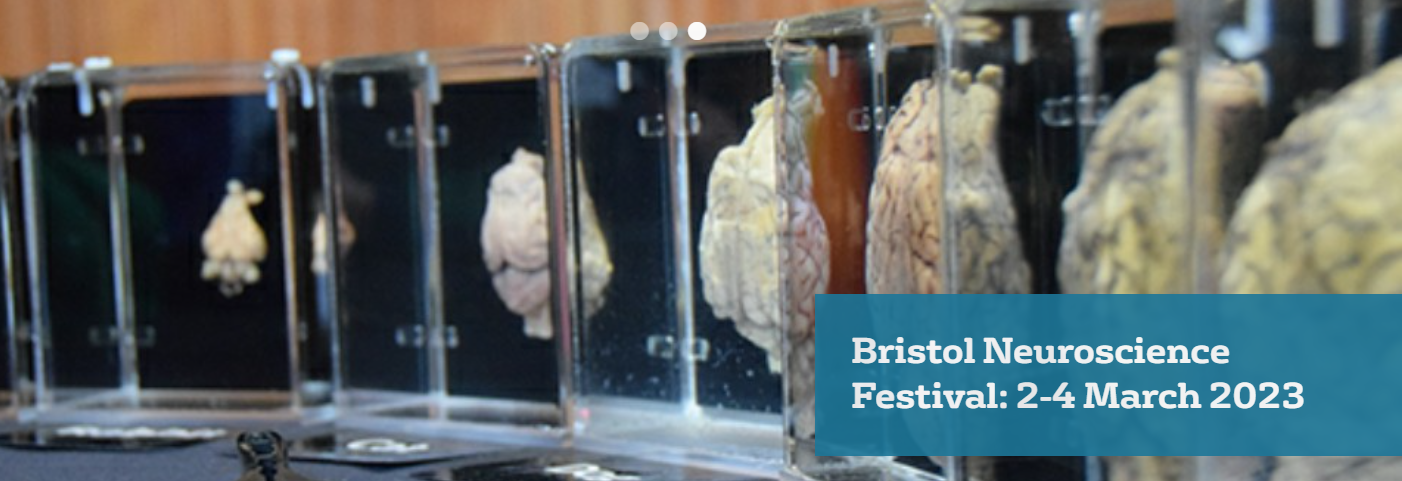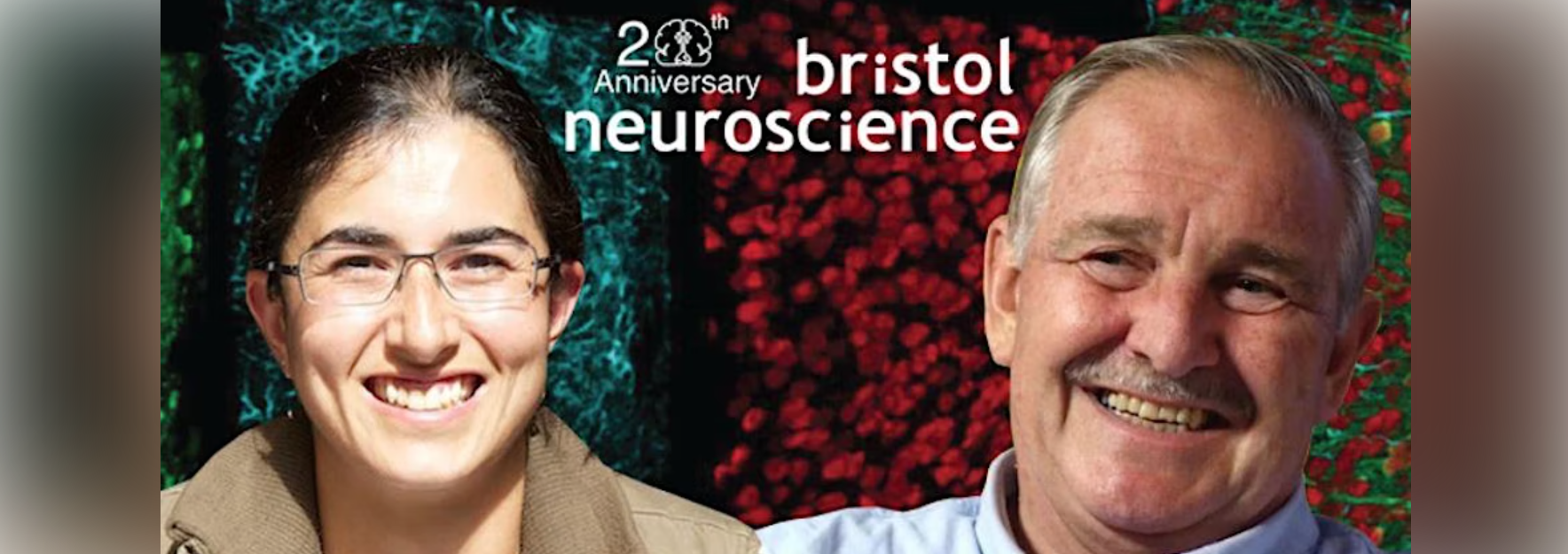BNA Annual General Meeting 2025
1st April 2025
1st Mar 2023

The Bristol Neuroscience Festival 2023, taking place from 2nd–4th March, is a three-day public science event for all ages – from primary school to retired – celebrating all things neuroscience. Attendees have the opportunity to get stuck into experiments, hands-on activities and brain games led by neuroscience professionals, including University of Bristol academic researchers and BNA Local Group Representatives and staff!
The BNA stand will be in the Great Hall of the Wills Memorial Building, Queens Rd, Bristol BS8 1RJ – come along to say hello, find out more about the BNA, and take part in two exciting experiments to learn about your brain and how scientists investigate it.

The BNA and Bristol Neuroscience have worked closely with one another for many years, and we are very proud to be supporting this festival on Bristol Neuroscience's 20th anniversary. We are especially excited, as part of the BNA's annual theme for 2023 of mental health, to be supporting the festival's plenary lecture on the development of psychedelic compounds for antidepressant therapies, presented by Professor David Nutt and Professr Emma Robinson and taking place on Saturday 4th March, 1630–1830.
In this lecture Professor David Nutt will discuss the latest discoveries from clinical studies about how psychedelic drugs affect the brain and the exciting clinical potential these drugs offer. Professor Emma Robinson will focus on studies using psychedelics to explore the fundamental biology of emotional behaviour, what we have learnt about how antidepressants may work from studying these drugs and even what this may mean for the underlying causes of depression.
Mood disorders are highly prevalent and on the increase and we still know very little about why they develop or how best to treat them. Although a field with many challenges, it is also an area that has seen major advances in recent years. In 2000, a landmark paper showed that ketamine could produce both rapid improvements in mood after a single dose and effects which lasted for up to 2 weeks. Subsequent studies with psilocybin suggest similar rapid changes in mood occur after a single treatment and these effects lasted in some people for several months.
These studies have provided the momentum for a whole new avenue for exploration and these studies are beginning to reveal all sorts of exciting new biology and psychology. One of the most intriguing aspects of these rapid-acting antidepressants is the observation that they can induce sustained changes in mood which last long after their pharmacological effects.
If you have any questions, please contact the Bristol Neuroscience Festival's organisers at bnf-2023@bristol.ac.uk
